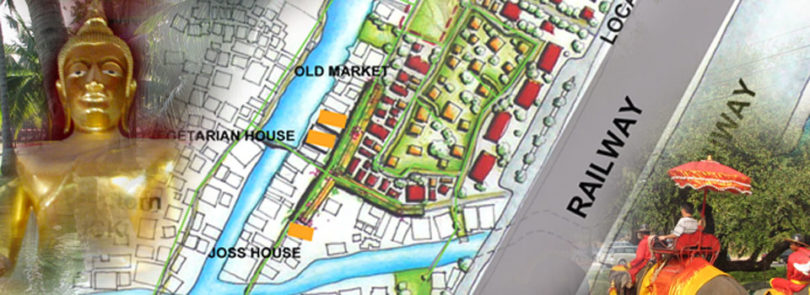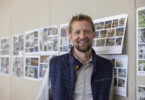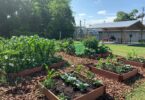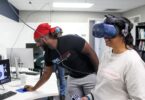At UGA, study abroad and service learning are increasingly intertwined in a growing list of locales that span the globe as well as a vast array of disciplines. This commingling of different areas of expertise with complex problems has proven invaluable to students. But it is experience with the overall mixture of complex problems, alien cultures and group dynamics that the students bring back to Georgia that gives substance to service learning abroad.
“I truly believe that with what they have seen and experienced, these students come back to UGA as different people,” says Pratt Cassity, professor of landscape architecture at UGA. Cassity’s projects throughout Africa and Eastern Europe set the stage for collaboration between students from UGA, Chiang Mai University in the north of Thailand and Kasetsart University in Bangkok.
The project, which ran during May-June 2007, involved a solid cross-section of students from UGA and encapsulated ecological and sustainability issues that challenged the limits of their engineering, anthropology, environmental design, business and biology backgrounds. After an initial visit to Chiang Mai University, students spent ten days in the Samoeng watershed, observing, documenting and learning to understand the sustainable communities of the rural north of the country. These communities were comprised of individual farms and small collectives self-organized under an environmental management order from His Majesty King Adulyadej as a way of disseminating sustainable agricultural practices to its thousands of villages.
“The way they use everything available, including tools we overlook, like gravity for irrigation systems or wind drafts for ventilation, left a real impression on me- it’s not just making do, but discovering new ways to be creative and innovative using what we have around us,” said Liza Thomas, a fifth year engineering student.
The chance to observe local practices in a variety of settings was an important aspect of the students’ preparation for the cultural immersion through a community revitalization project during the second part of the project in Bangkok. Like conventional university classes, study abroad settings are the result of planning that includes partners on the ground, opportunities for students to present what they’ve learned and solid feedback mechanisms while the project is in progress.
But of course, it is the differences with classes on campus that leave the deepest impressions. Not just the travel and the new cultural sensitivities, though these play formative roles; in Thailand, for example, a Buddhist nation nominally ruled by a monarch, these two facts alone have a profound effect on individual decision-making, one hard to be missed by an engaged visitor.
The rapid pace of development in Asia, alongside its centuries-old ways, allows for unique learning opportunities that bear more than a passing resemblance to situations back home. And according to Cassity, this is exactly the point. “As much as we are able to assist local communities, other international students and to make a difference, it’s what we bring back with us that’s at the heart of what we’re doing.”








